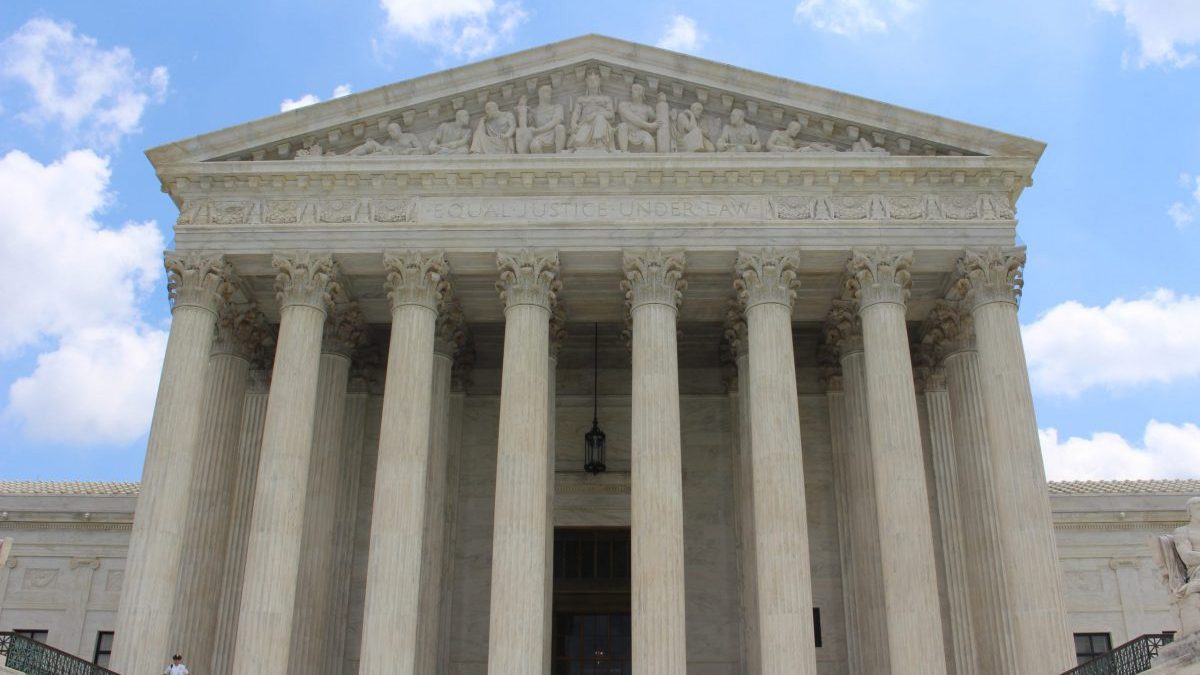
By Dennis Shields, LawCash CEO and Founder
In the mid 1990’s, I was appointed to the New York State Grievance Committee for the Second and Eleventh Judicial Districts to serve as one of two lay members. The committee determined whether and how to discipline attorneys. Generally, these grievances involved allegations of wrongdoing in how attorneys had handled clients’ funds or their duties of representation. But one day, a grievance came before us that I believe changed the lives of the disadvantaged– lawsuit plaintiffs– and provided them a real road to justice.
Our Litigation and Insurance System Was Unfair and Stacked Against the Disadvantaged
The attorney had lent a badly injured client money for life needs, to keep the lights on and pay the rent. A heated debate ensued. In the end, the attorney was censured. I learned that attorneys were not allowed to lend money to clients even if they didn’t charge interest and didn’t seek to be paid back unless they won the case for their client. This was a sad example of the maxim that no good deed goes unpunished. I kept thinking that our system was unfair to those who needed the most help: personal injury plaintiffs in need of healthcare and money.
The injured plaintiff couldn’t work and had a legitimate and valuable claim to be compensated for wrongdoing by a wealthy defendant represented by an aggressive and experienced insurance company. The defendant could and did use the plaintiff’s lack of means to delay and then pay much less than the plaintiff needed and deserved for the damage and distress he experienced. At the time, I owned and ran a healthcare financing company. I knew a lot about specialty finance. I went back to my office and I asked my partner, Harvey Hirschfeld, “What do you think about this idea: we could advance money to plaintiffs for their basic life needs and wait for the case to settle to get paid?”
And thus, an industry was born, though not without bumps. Harvey had a lot of experience in finance at major institutions, including buying distressed assets. He pointed out that personal injury lawsuit proceeds were an asset class with an uncertain maturity date, no fixed value, and clients without ability to repay the funds advanced. In other words, a non-starter from the traditional finance perspective, even for those with experience with specialty finance.
Nonetheless, the idea had taken hold in my brain. We put our toe in the water and retained counsel to investigate the legality of such a business. We essentially looked at it as a service to help clients to keep their lights on and to remain in their homes. But we ran into roadblocks continuously, because this was a new idea in the United States. First, we looked to acquire an industrial bank. We were told that since the plaintiffs had no obligation to pay anything back, and poor credit, we couldn’t perform the service as a loan, and that therefore this was not a banking product.
The Birth of the American Litigation Funding Industry
At that time, there was no real litigation finance industry in the United States. We heard of a few people in Las Vegas who were charging 200% interest a year to advance money to plaintiffs. Some attorneys were also, illegally, lending money so that their clients could hold out longer.
We reached out to other experts: professors and others knowledgeable about the legal and finance aspects of our potential new business. We decided to proceed. In the beginning, we didn’t know what the losses or maturity date would be, but we thought this could be a profitable business which could help people at the same time.
Almost two decades later, LawCash has funded over 100,000 cases, and advanced over $440M to deserving plaintiffs. We are proud of the work we have done; all the Thanksgiving turkeys we’ve helped put on family tables, and the families we’ve helped keep their homes. Done the right way, litigation funding really helps. I like to think we’re on the side of the angels.
